Something Fishy About Squid Game Popularity
Extreme Korean Series Breaks Netflix’s #1 Record
Joseph from fifth grade confirms Raye’s preconceived notions that many kids would dress in Squid Game costumes for the spirit week.
October 22, 2021
This article contains spoilers for Squid Game.
The Red Light, Green Light game graces your YouTube recommendation feed, while a video of Dalgona is on your watch history. Or maybe, you’ve been hearing the word “Gganbu” without really knowing what it means. All of these trends are from Squid Game, the most popular show on Netflix right now. Released on September 17th, the Netflix original drama is composed of nine episodes, and it’s been hyped up across the world, by people of all ages.
Hopping on the trend, our High School Student Council is offering a Dalgona carving event on October 29th on campus, and there’s no doubt that many people will be spotted wearing Squid Game costumes on Halloween as well.
Squid Game presents six survival games hosted by the super-rich and masked villains: Red Light Green Light, Dalgona Carving, Tug of War, Marbles, Glass Stepping Stones, and Squid Game. Among 456 players, only one person gets to win and receive the prize of $45.6 billion, and the horrifying penalty for losing is death. The show is currently extremely popular everywhere in the world, despite the age restriction and excessive violence within.
Squid Game’s hyper-Korean quality gives an extra chill with its unique features; the survival games from the show are all based on real-life Korean children’s games. Commonly played folk games take center stage in the series, and this somewhat niche part of Korea’s culture exudes a novel feeling to foreign audiences. Squid Game is, in a way, Korea’s dark side, much different from the idyllic entertainment that K-pop and K-dramas provide to the global eye.
The response from both the Korean and foreign public is overwhelmingly positive; the show is rated 92% on Rotten Tomatoes. The characters’ personalities and the hopeless situation provide the viewers with a digestible critique on materialism, capitalism, and the wealth gap. The participants deciding to leave and return to the game even after witnessing the graphic first massacre reflects the grim reality of the poverty cycle and gambling addiction; two prevalent problems in Korea.
Moreover, in the show, the rich who created this appalling game just for the purpose of their entertainment are never punished, or even discovered. The police essentially turned a blind eye to them, which represents how the law favors the rich. The whole series is full of metaphors like this; you can also spot the resemblance between the participants climbing up the stairs and marching ants. To the rich, these people who are playing for their lives are nothing more than insects to be gambled on.
The unwavering brutality throughout the show raised criticism and a number of other issues. The show’s popularity combined with its violent formatting started conflicts even outside Korea, like a fight at a pop up store in Paris, and an instance of bullying using the Red Light Green Light game. Clips from the drama made their way onto G-rated (indicating appropriateness for all audiences) platforms where teenagers and children are active, making publicly shared content on the internet unsafe.
Some people got a bit too into the show, resulting in drama: the phone number used to participate in Squid Game was uncensored, resulting in a citizen being harassed through the phone for days. The show encountered legal trouble for that incident, and compensated the victim. Less serious concerns abounded as well: the dubbed versions of the show were done lazily with poor translations and characterization, essentially ruining the content. Additionally, some Dalgona street vendors started increasing prices after the treat became more popular from the show.
Squid Game presents an unbelievable situation that forces people to make impossible decisions. The unfortunate reality of corruption, the wealth gap, and injustice leave the audience with a lot to think about afterward. Considering these facts, I initially gave an 8 out of 10 to the show, but my final rating comes down to a 6 out of 10 because of the problems the series has caused. Its aggravation of violence and security cannot be ignored. Now, what do you think about Squid Game? Do you think it’s overhyped? Why are you watching it? Would you participate in the game? Let me know in the comments.

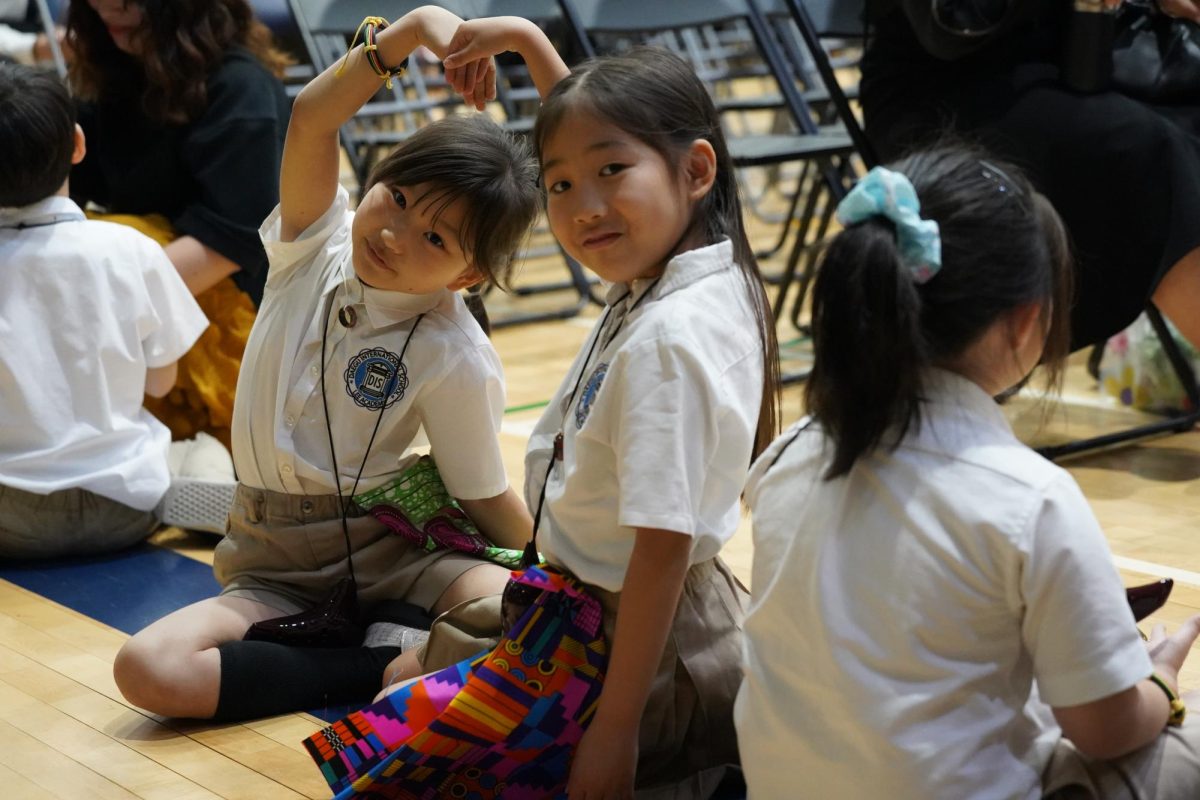


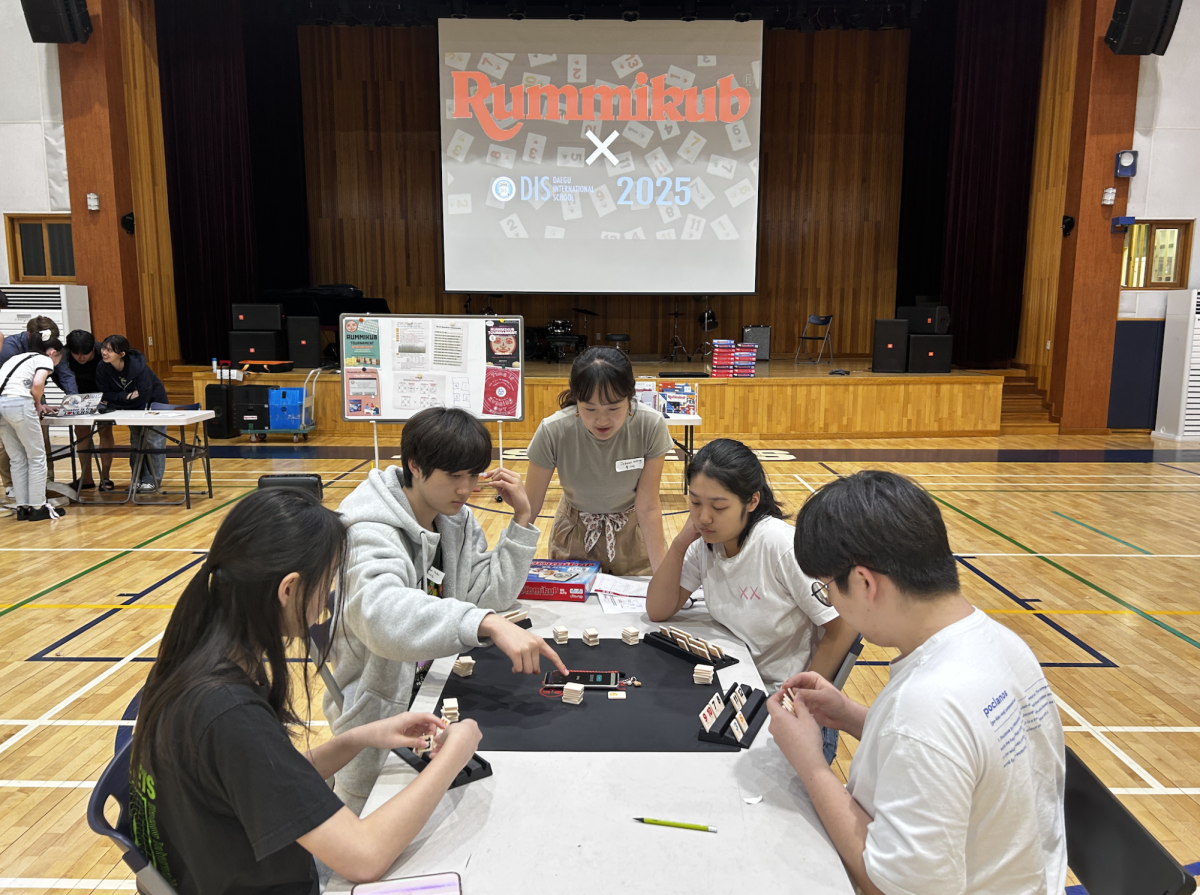
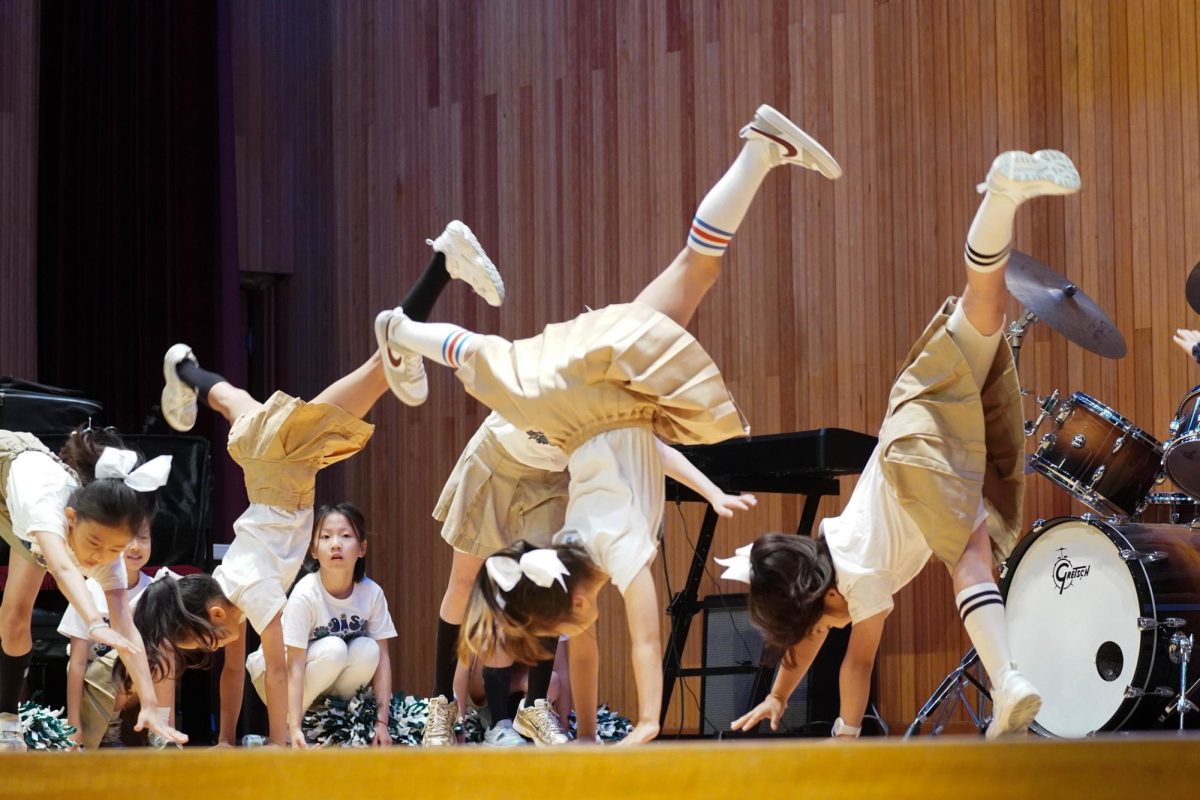
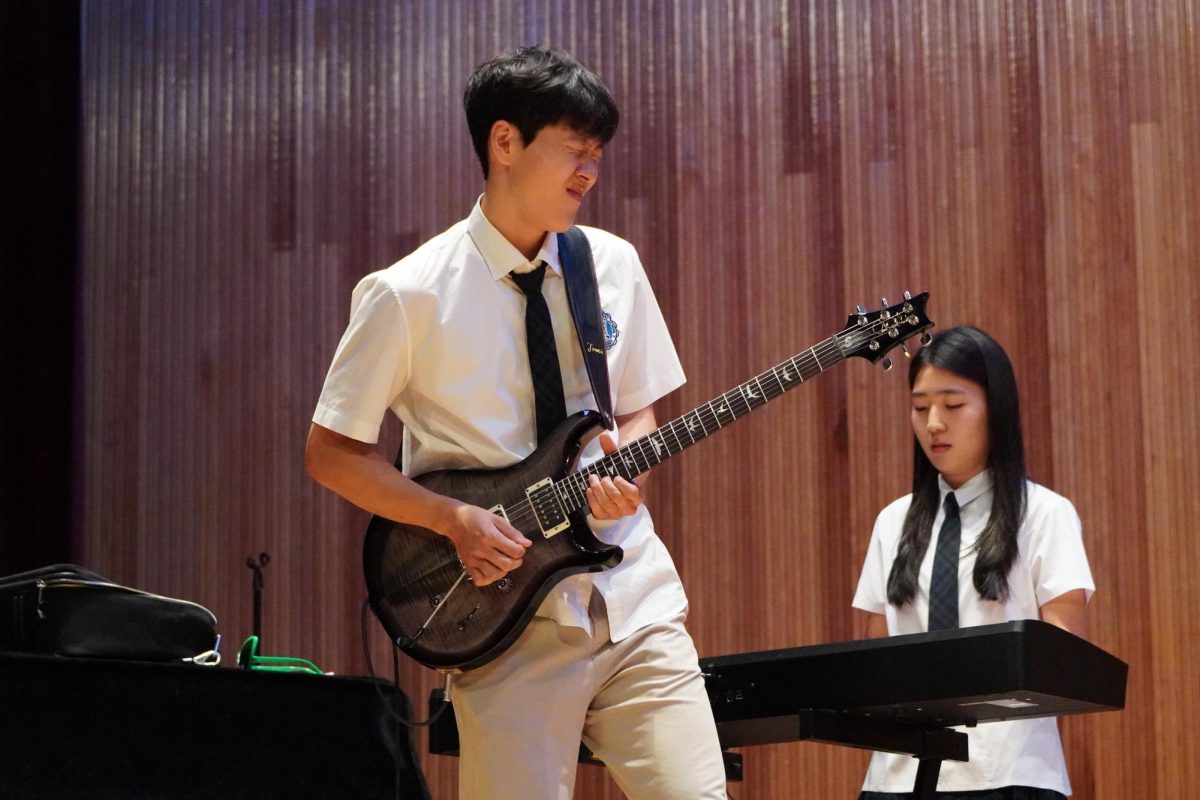


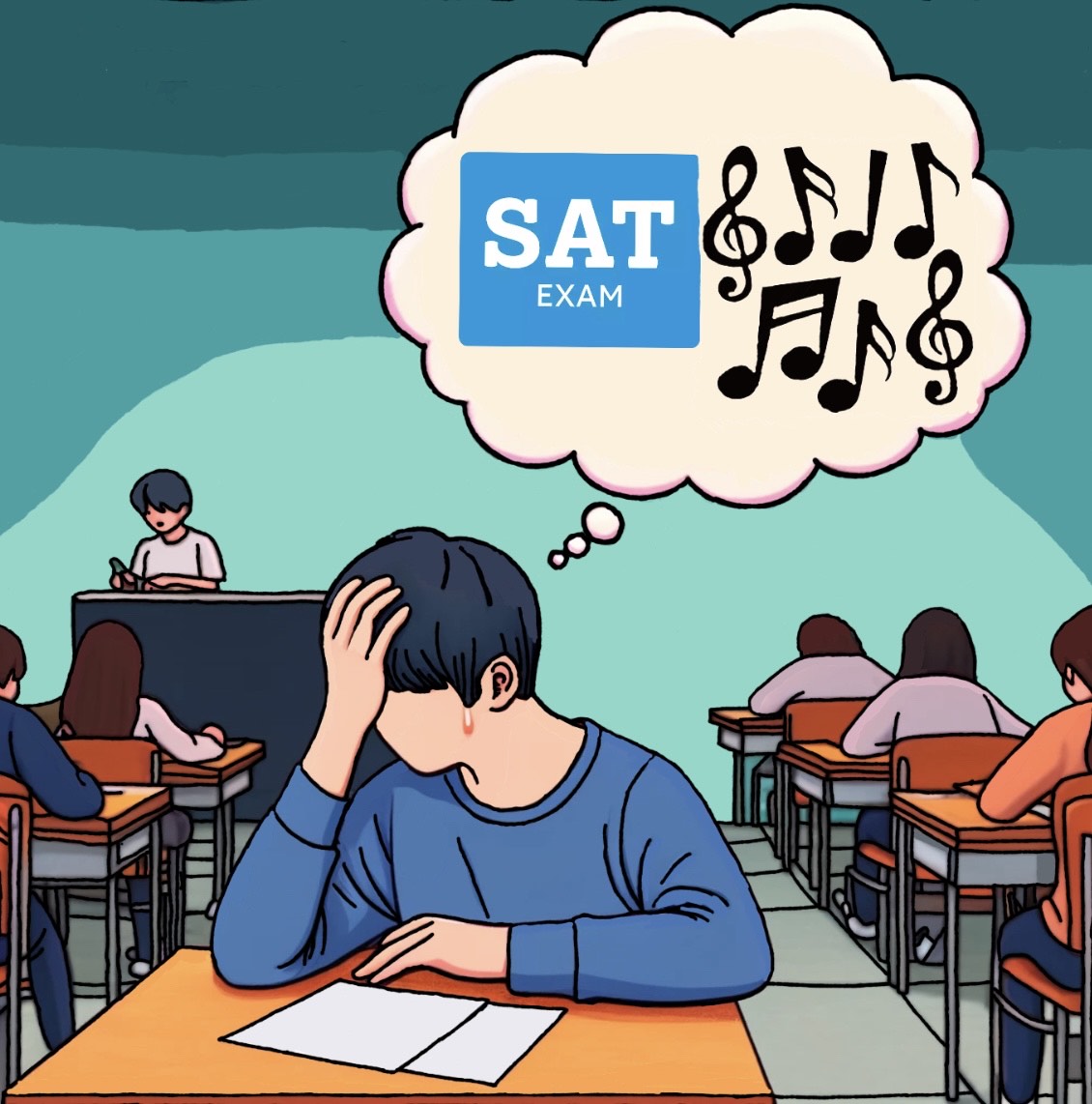
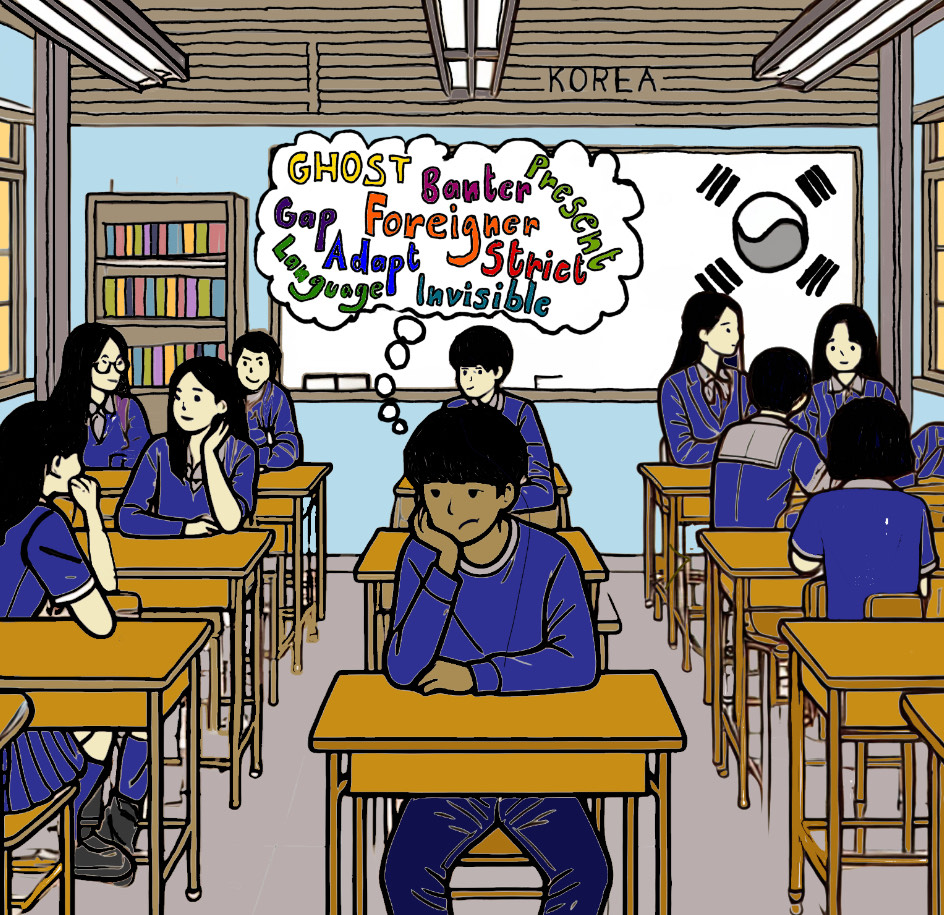







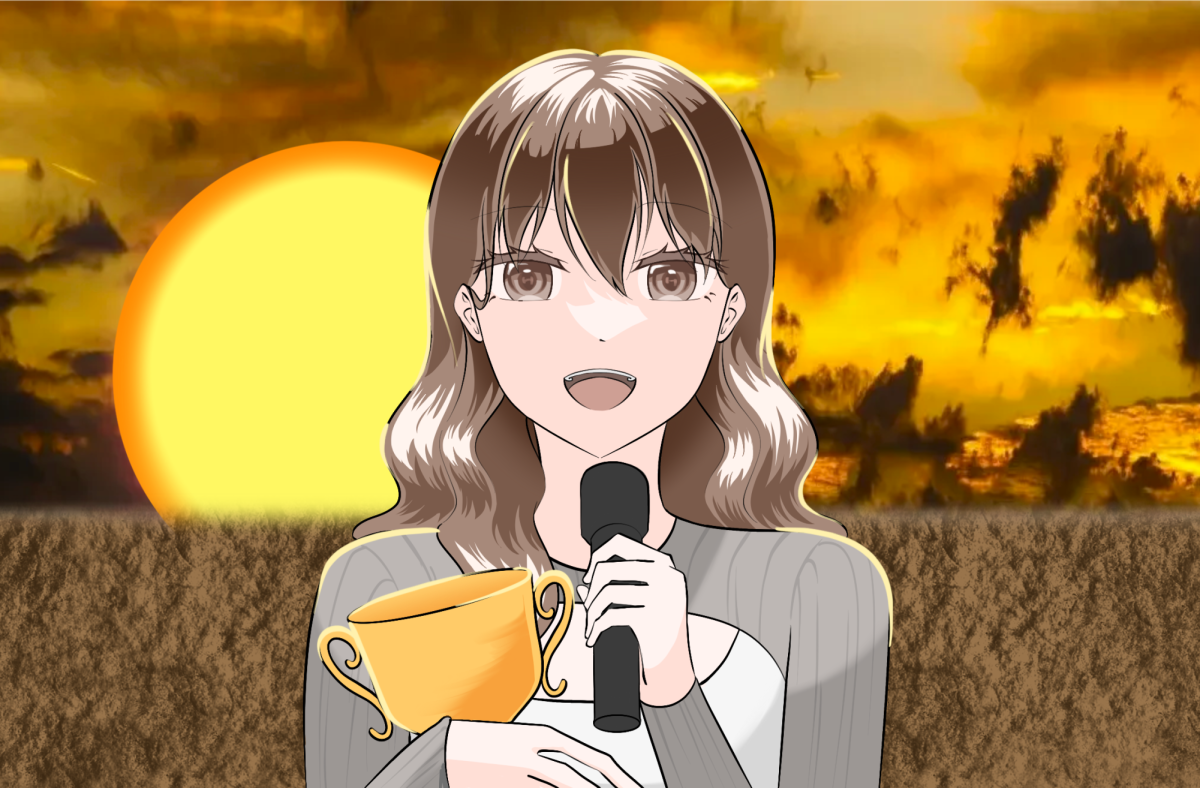

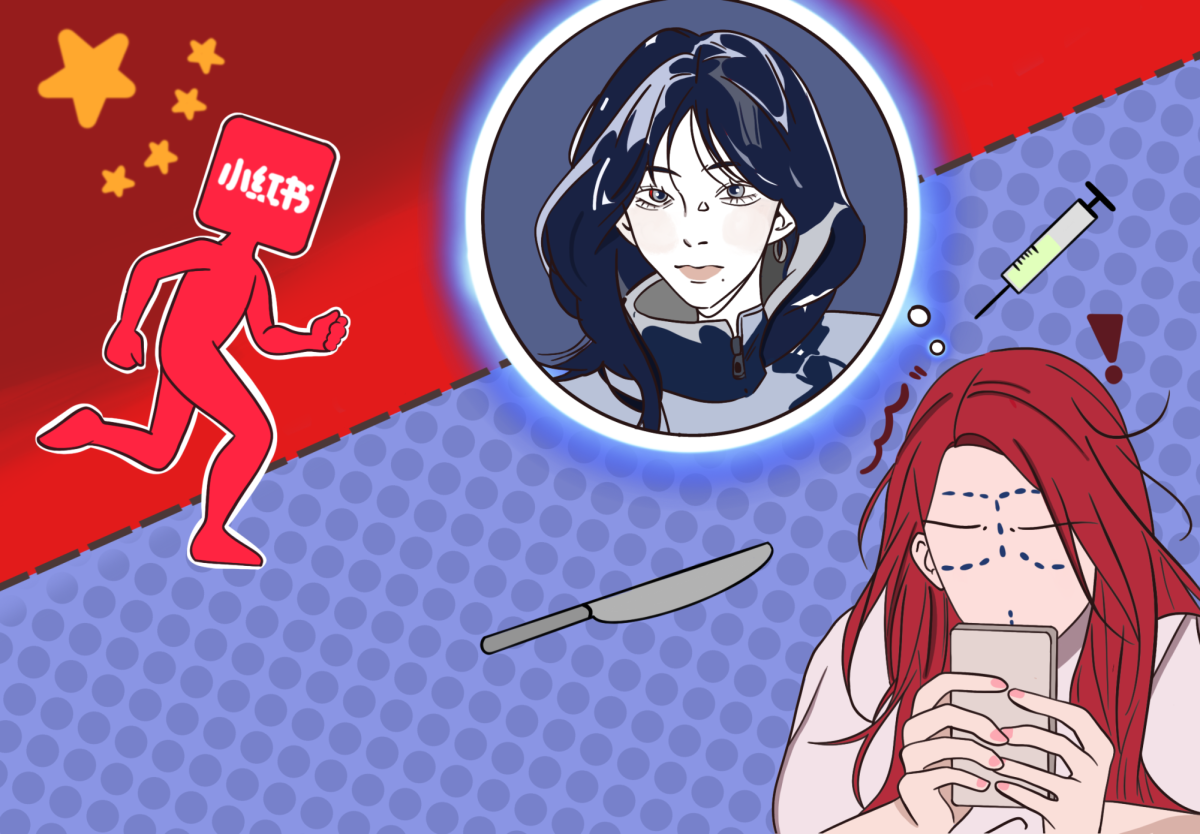
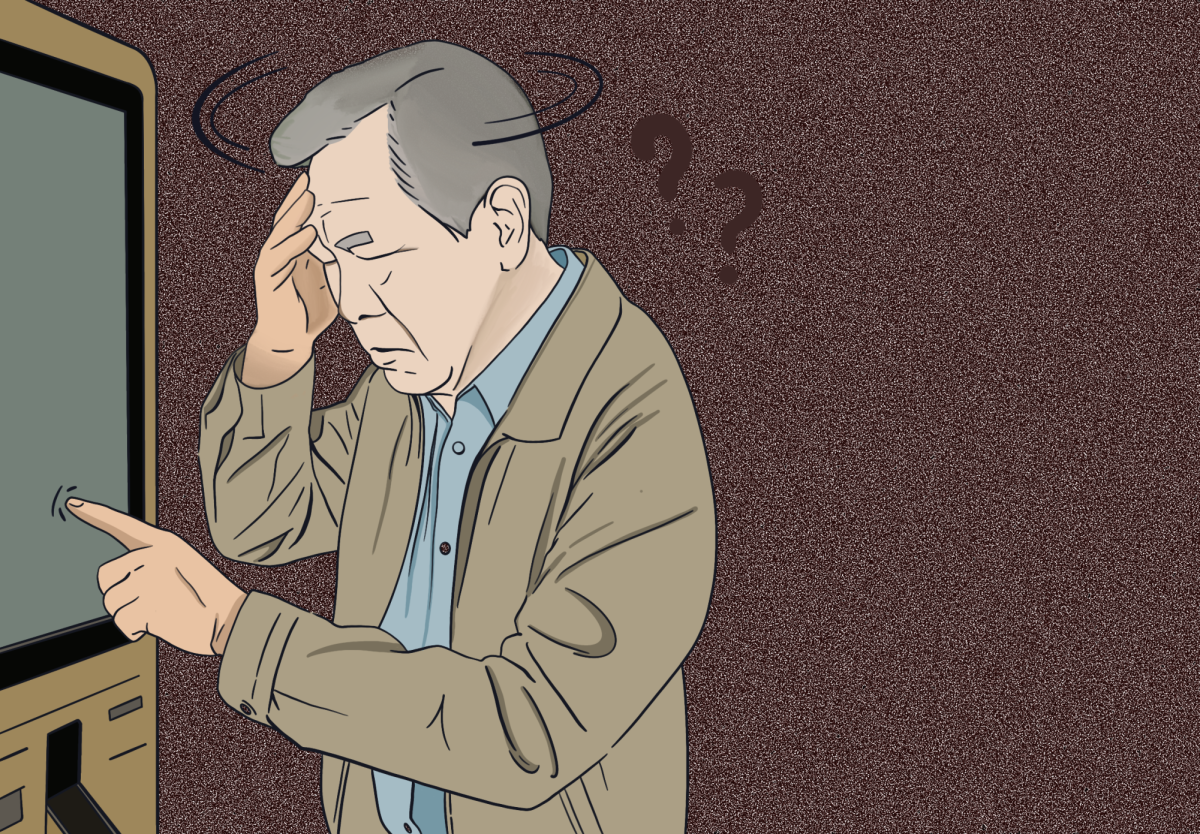
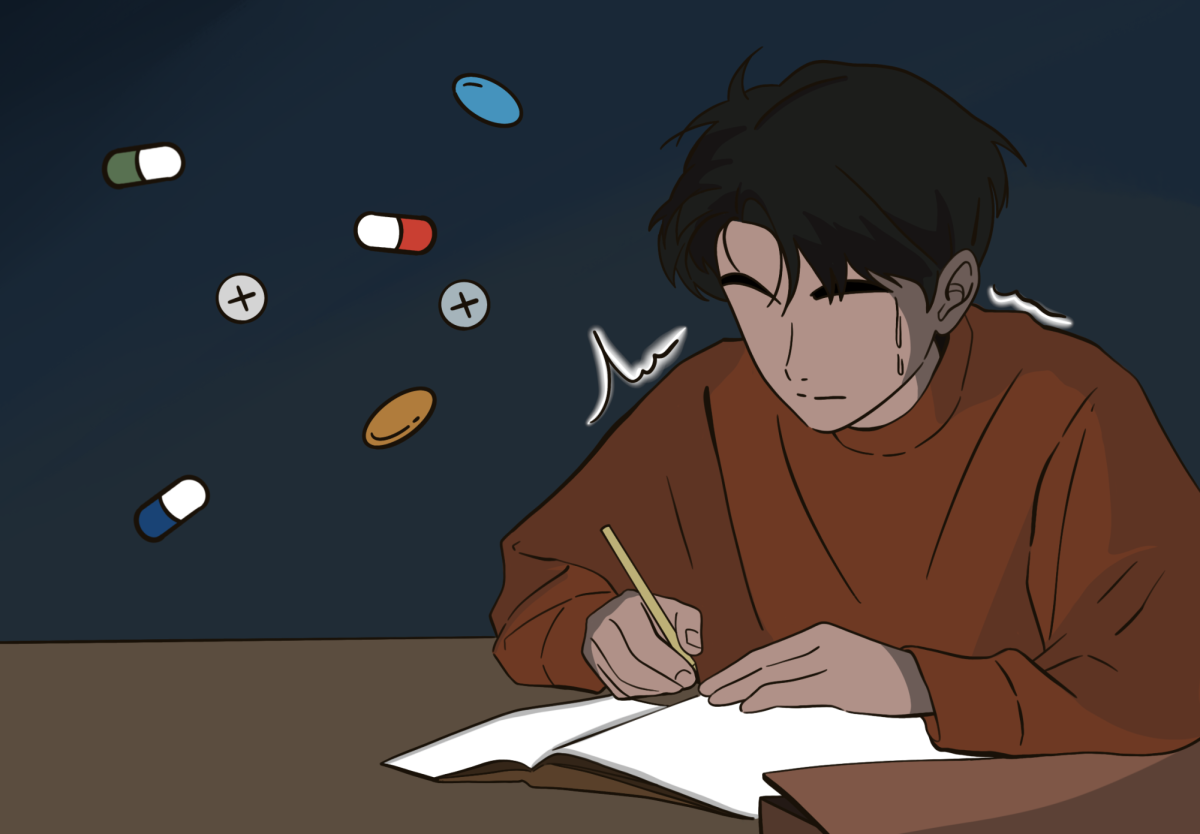
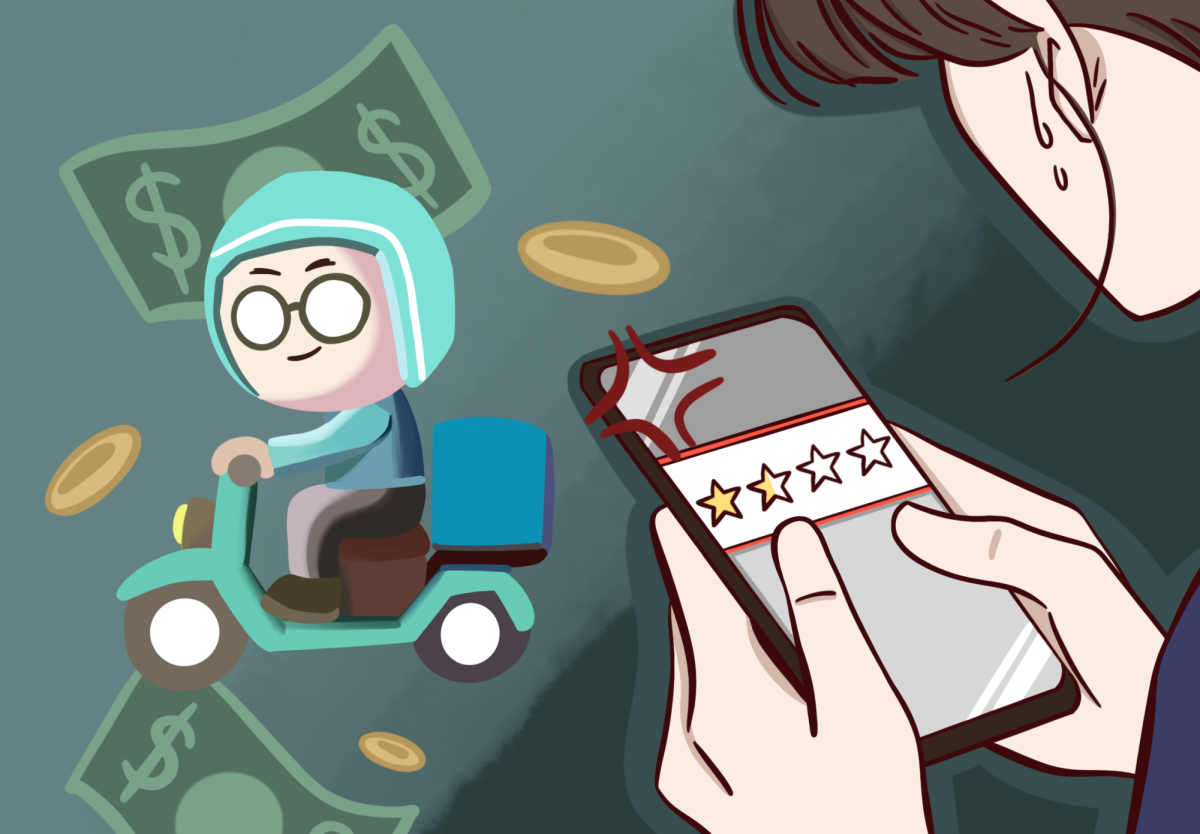
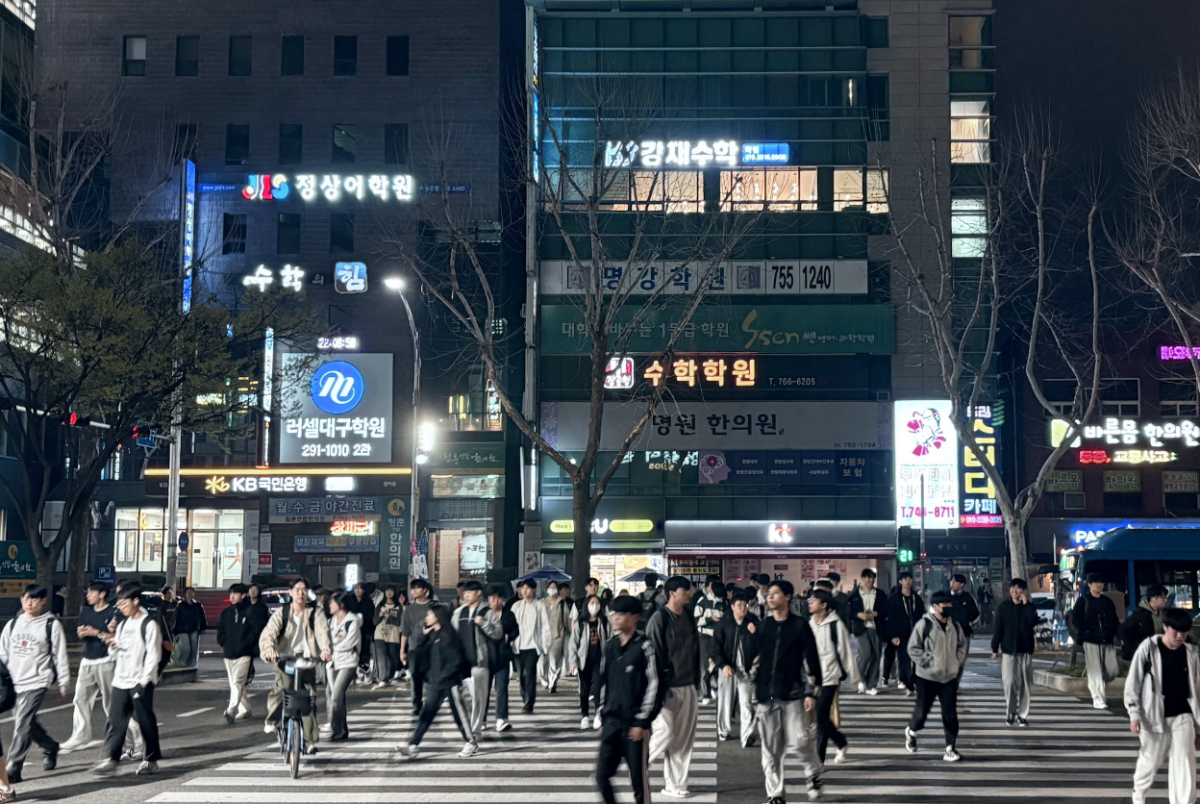



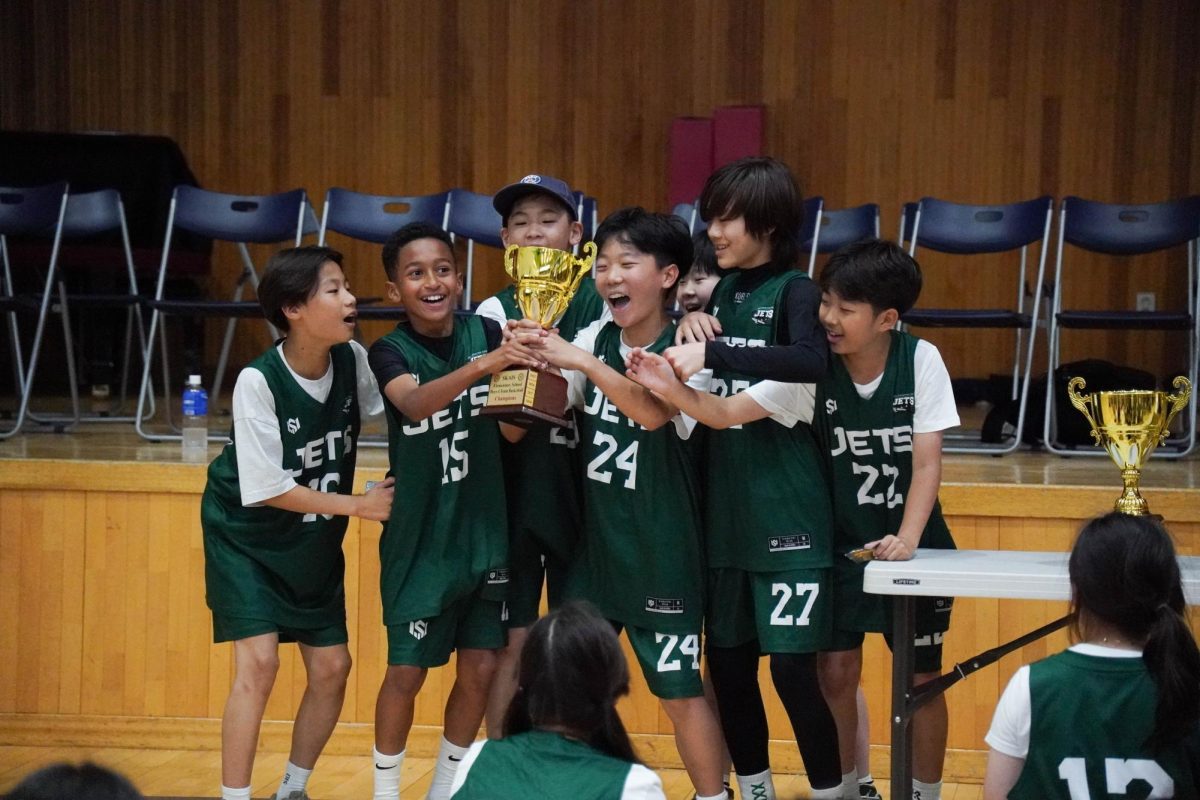







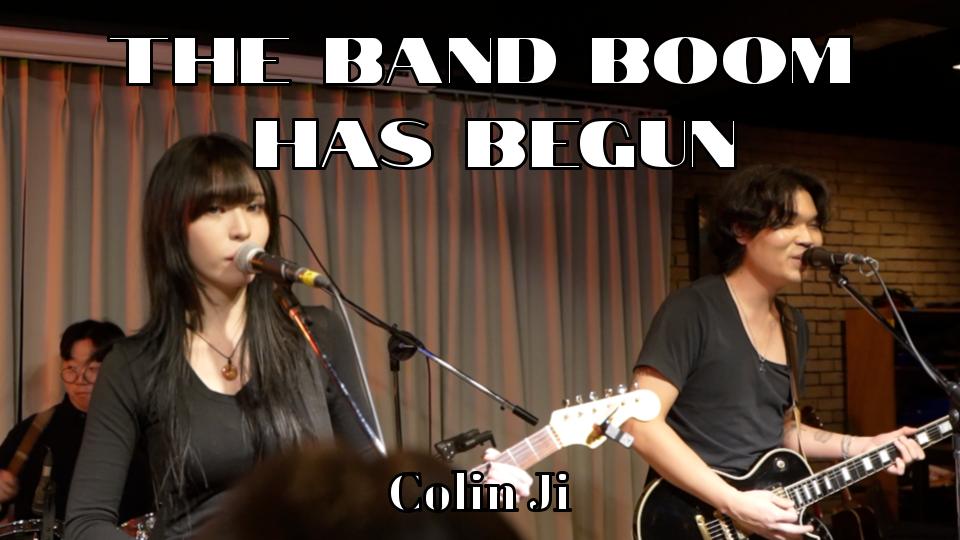
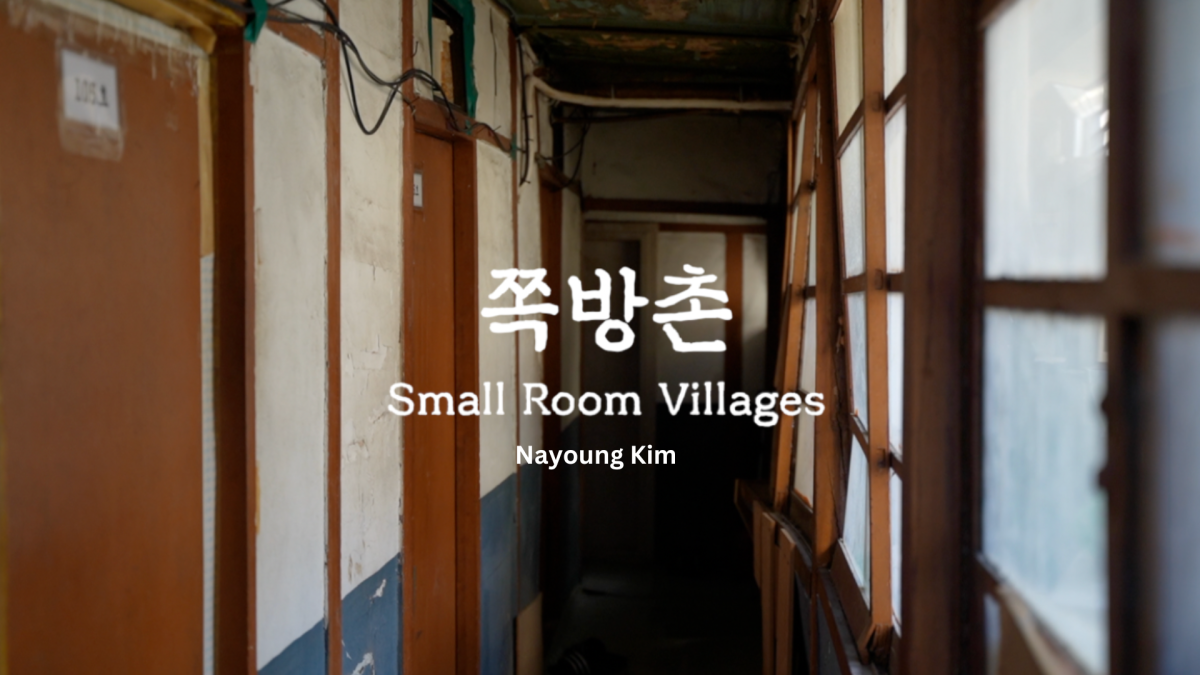
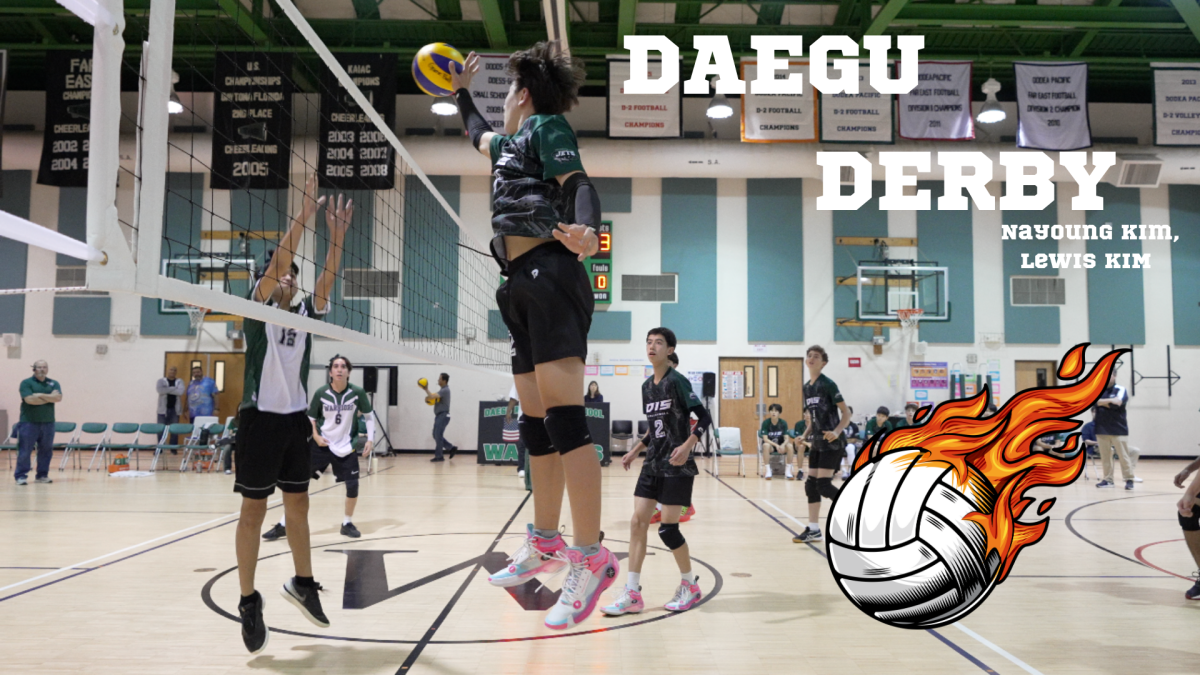

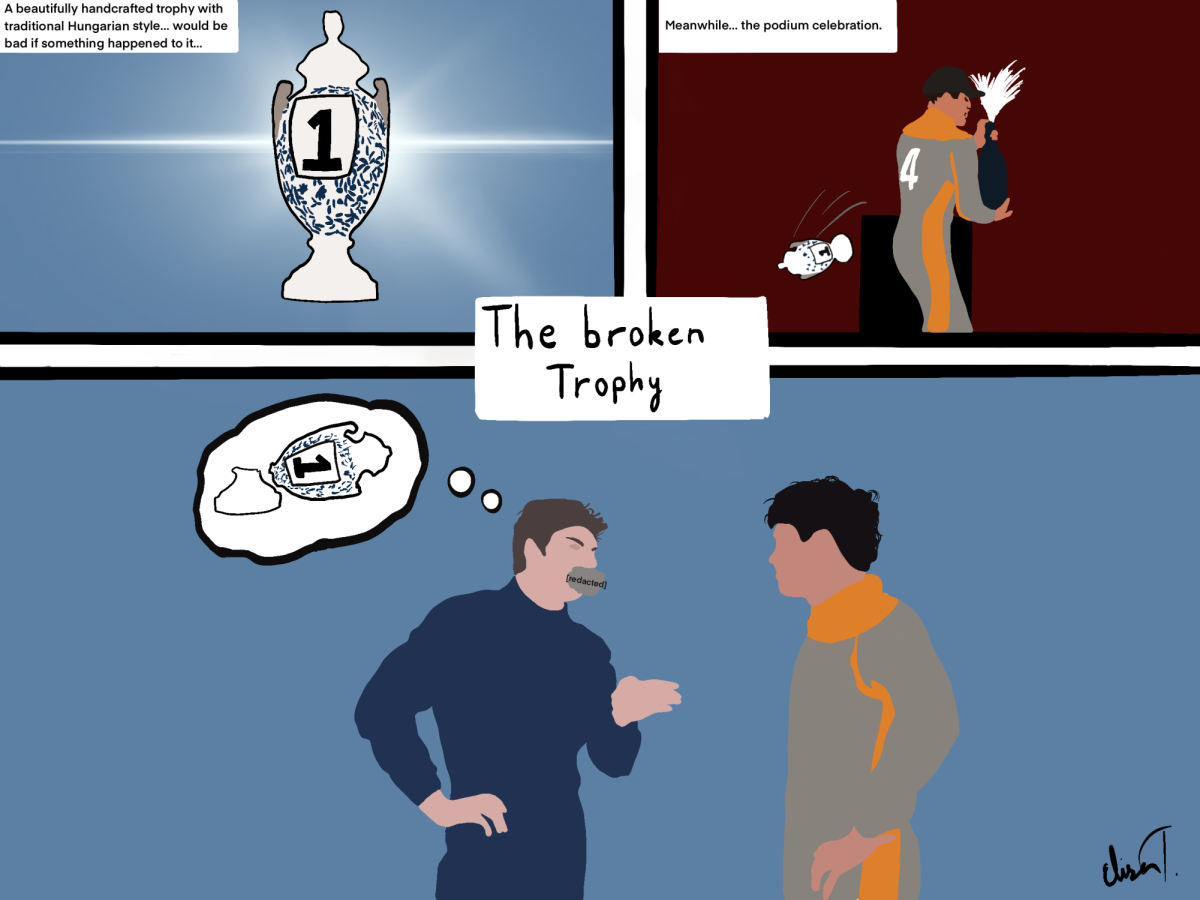
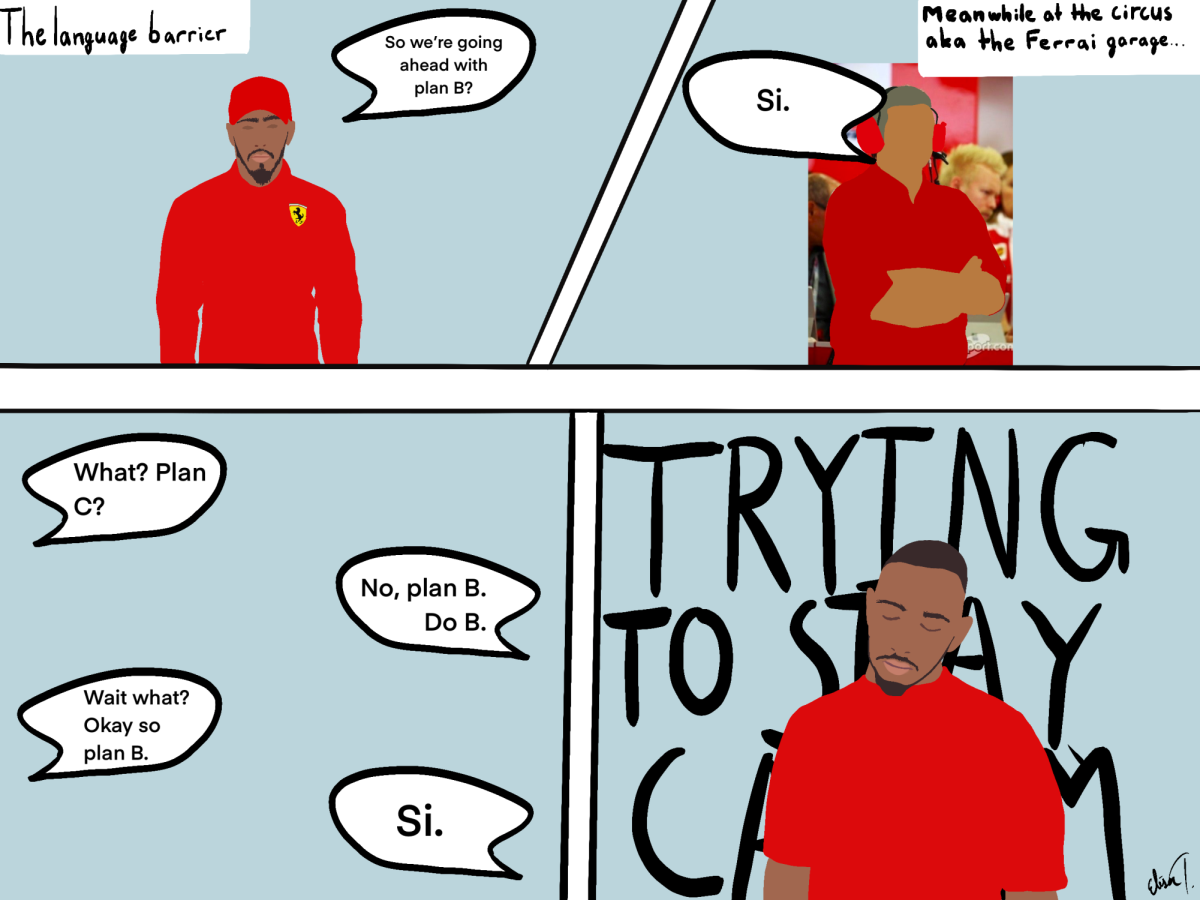
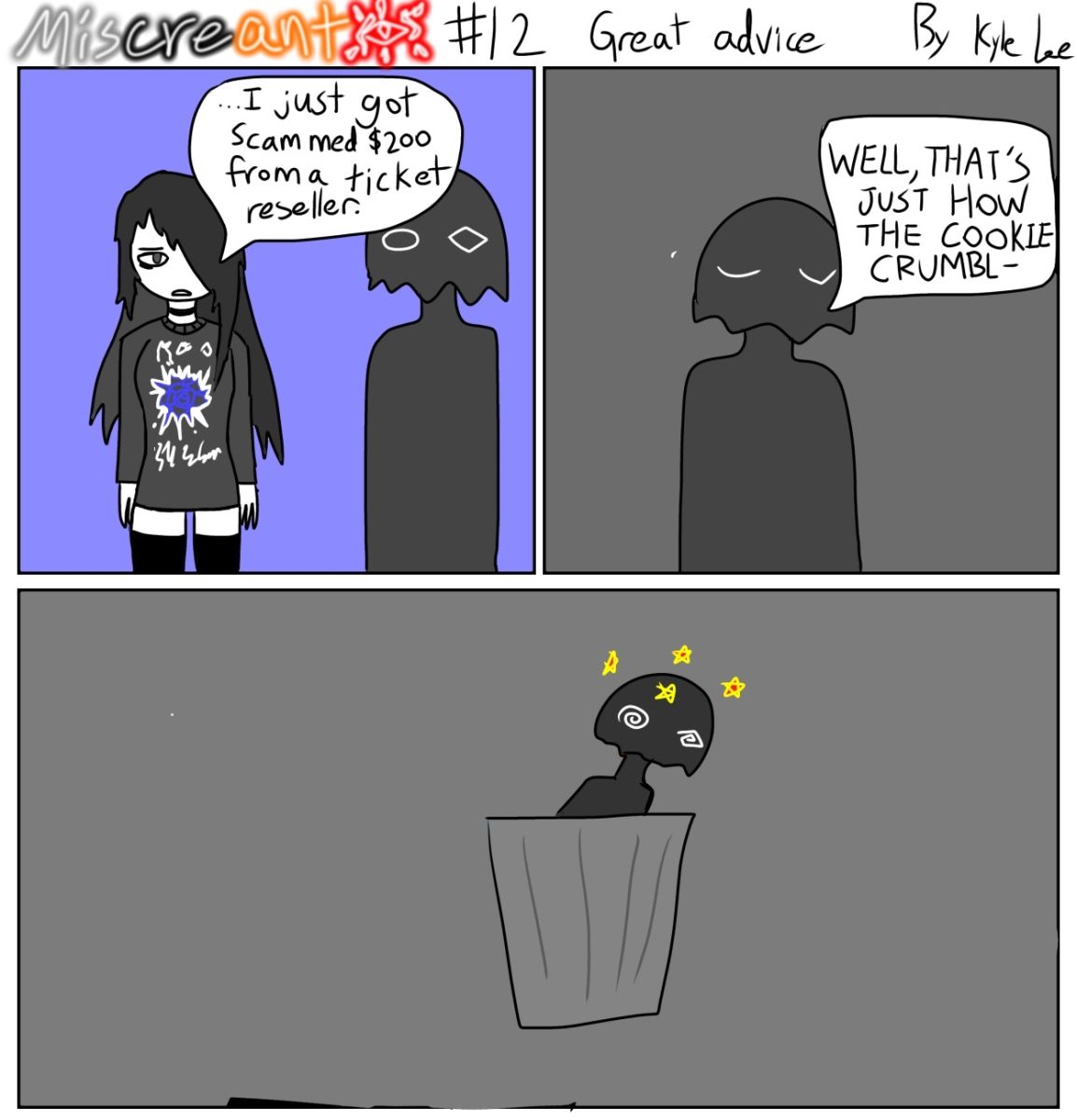



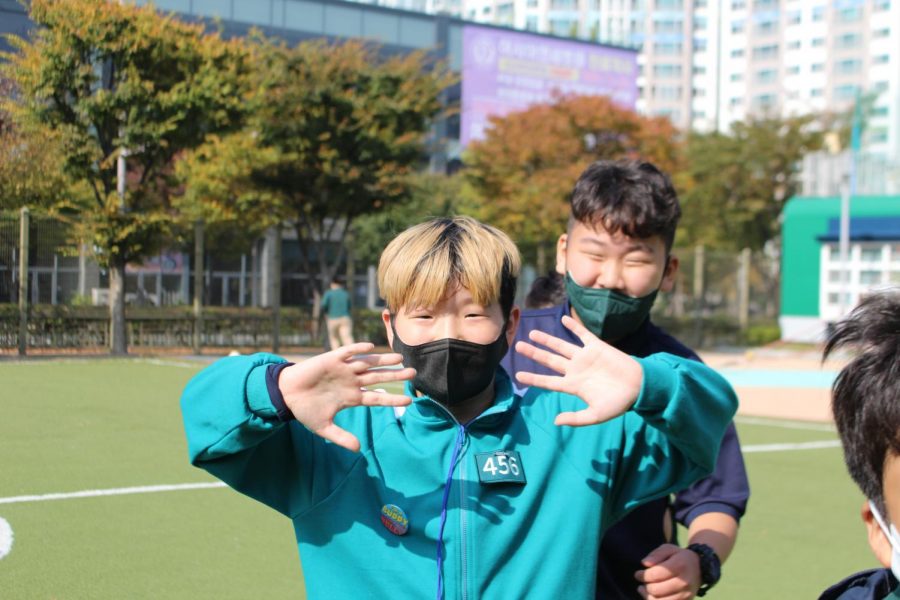

Jules • Nov 1, 2021 at 12:06 am
I really don’t like Squid Game. This article shared me problems that I didn’t notice. Thank you for this interesting fact. I also think little kids(5~9) shouldn’t be watching it. A lot of my cousins watch it and death should never be considered “light”.
Solah Han • Oct 24, 2021 at 2:52 am
Wow, this sounds really intense. I’ve never watched Squid Game before and I was always told not to watch it. Now I know why.